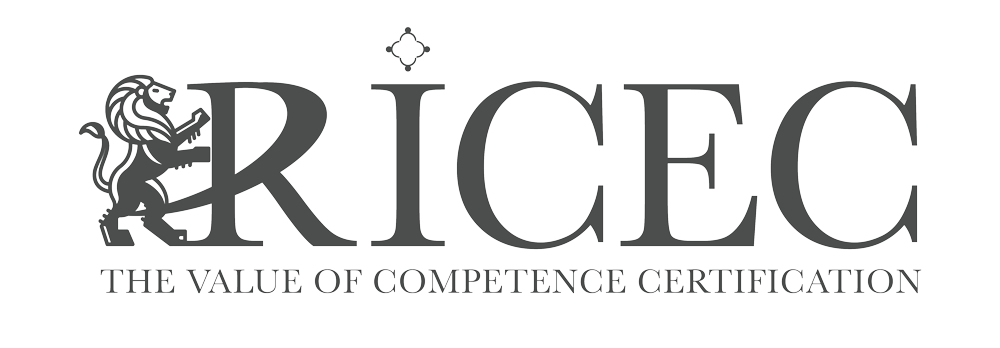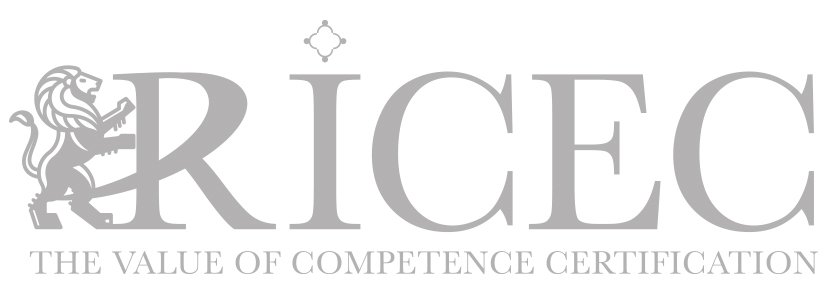
ENERGY MANAGER AND ENERGY MANAGEMENT EXPERT (EGE): DIFFERENCES AND REQUIREMENTS FOR TWO LEADING PEOPLE OF THE NEW ENERGY SCENARIOS.
Two leading figures in the era of the green economy and the rationalization of energy resources also linked to the consequences of the recent war events are certainly the Energy Manager (Law 10/91) and the EGE, or expert in energy management (UNI CEI 11339).
The figure of the Energy Manager was born in the 70s in the United States of America, following the serious oil crisis, while we started talking about EGE in 2006.
A difference lies in requirements which, although similar, in the figure of the EGE are more specific, as they must meet the standards required to access and pass the Certification exam, which Energy Managers are not required to do.
The appointment of the Energy Manager is mandatory for subjects with annual consumption exceeding 10,000 toe for industry and 1,000 toe for other sectors on the basis of art. 19 of the law 9 January 1991 n. 10.
While the EGE is a figure whose requirements are defined by the UNI CEI 11339 standard for which it is possible to make use of third-party certification by accredited certification bodies. The EGE brings together the skills of the Energy Manager and of the experts active as professionals or employees of ESCOs and energy service companies and performs the function of Energy Auditor in relation to the mandatory diagnoses pursuant to art. 8 of Legislative Decree 102/2014. Certification is issued on the basis of minimum field experience and passing an exam.
An Energy Manager can be an EGE at the same time. It is a desirable condition in several cases, since in general, an Energy Manager should have requisites such as to satisfy the requirements of the UNI CEI 11339 standard, regardless of whether or not he intends to be certified. However, there are situations, especially in large organizations, in which the Energy Manager should be a high-level manager in order to be able to effectively influence corporate decisions.
2) An Energy Manager may not be an EGE. For the purposes of compliance with art. 19 of Law 10/91 there are no obligations on the courses to be followed, exams to be taken, certifications to be obtained. An Energy Manager can be appointed regardless of whether or not he has the characteristics envisaged by the Legislative Decree 115/08 and by the UNI CEI 11339 standard.
3) An EGE may not be an Energy Manager, as adherence to the requisites set forth by the schema certification and accreditation for compliance with the UNI CEI 11339:2009 standard can be respected even outside the appointment of the Energy Manager. For example, this is the case of a freelancer who has conducted feasibility studies and diagnoses and directly followed requests for incentives for interventions connected to the rational use of energy, or that, for example, of an expert technician in efficiency and maintenance in a particular sector (civil or industrial) that has directly followed the implementation of energy efficiency measures and renewable sources and proceeded with their optimal maintenance. (Source Fire)
But it is easy to understand that the two profiles are extremely compatible with each other and nothing prevents the professional from covering the role of both, as the requirements set out in the UNI CEI 11339 standard are also desirable for the Energy Manager.
The certifications issued by Ricec, a national and international body accredited by Accredia, constitute an important curricular enhancement and a distinctive element in the competitive perspective of the world of work and guarantee towards companies.
Ricec, the value of skills.




